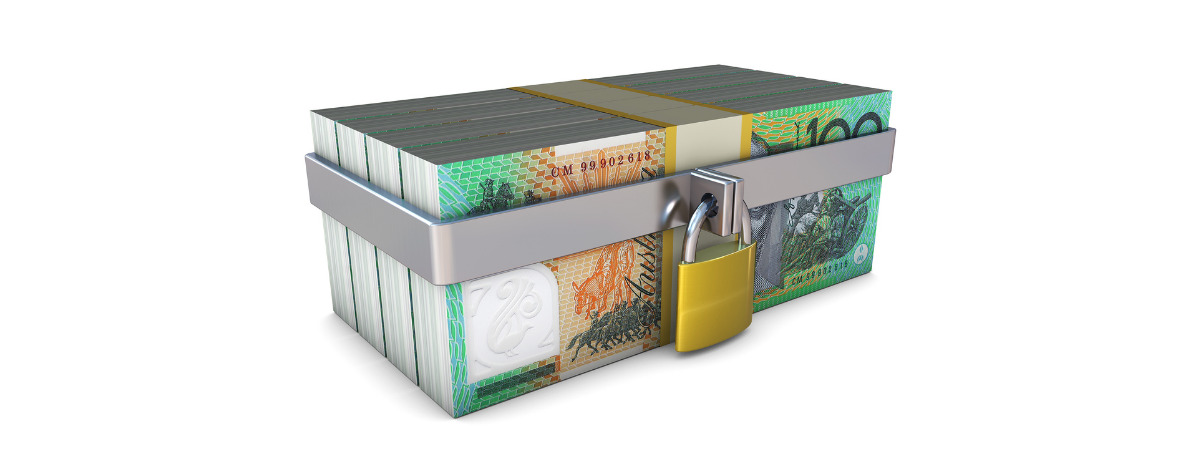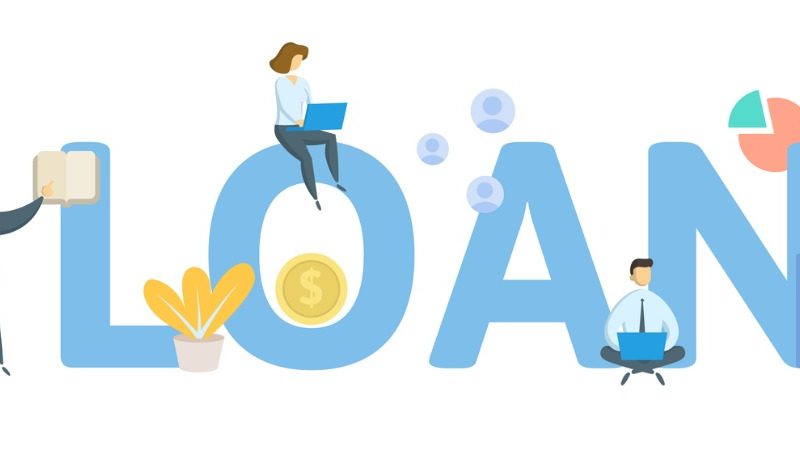Is a secured personal loan right for you?
A secured personal loan is a personal loan in which you offer up an asset as collateral, essentially guaranteeing you’ll pay the loan off. If you don’t pay, the lender can take possession of that asset (in this case, known as the security) and sell it off to recoup their money.
The most common type of secured personal loan is a car loan, where the car you’re buying is also the asset that secures the loan.
Why take out secured personal loan?
There are several reasons why you may want to take out a secured personal loan vs. an unsecured personal loan (a loan in which you don’t need to offer collateral). These include:
- You want a lower rate. Lenders usually set their interest rates according to how risky you are as a borrower. With collateral in the picture, you become less risky and can often obtain better rates.
- You’re having a hard time getting approved. If you have a low credit score and won’t otherwise be approved for your loan, offering up an asset as security can help get you over the line.
- You want to borrow more or take longer to pay it off. Again, having security in the picture often gives lenders confidence to be a little more accommodating with the loan terms and other specifics.
What can you use as security on a secured loan?
It’s ultimately up to the lender to decide what they’ll accept as security. Here’s a list of items that are sometimes used:
- Vehicles
- Home equity
- Jewelry
- Art
- Monetary assets (e.g. term deposits)
There may also be some additional requirements pertaining to specific assets. For example, your lender might only accept cars under 7 years old.
Be sure to check with your lender about what types of assets they’ll accept and if there are any additional requirements relating to those assets.
Interest rates on secured loans
Just like most loans, you can find secured loans with either a variable or fixed interest rate. Here’s the difference between the two.
- Fixed rate. The interest rate remains the same for the life of the loan.
- Variable rate. The interest rate can fluctuate over time, usually patterning the official RBA rate.
A fixed interest rate will usually be higher than a variable interest rate at the beginning of the loan term but it also comes with more certainty on the interest that you pay throughout the life of the loan.
Secured loan fees
Lenders can choose what, if any, fees to charge you on a secured loan. The most common fees you may encounter are:
- Establishment fee. A one-time fee to the lender for setting up the account.
- Administration fees. An ongoing fee (i.e. monthly) for keeping the account active.
- Early repayment fee. A one-time fee to the lender for re-processing a loan that you pay off early.
- Break costs. A one-time charge by the lender based on the money they lose when you pay off a fixed-rate loan early.
- Other fees. These can include late-payment fees, direct-debit dishonour fees and document request fees.
Should you choose a secured loan or an unsecured loan?
A secured loan works best for people who can’t take out a loan otherwise, due to bad credit or other financial reasons. It will improve your chances of being approved and to possibly get better rates.
The downside of a secured loan is that you risk losing the asset that you have offered as security to the lender if you are unable to meet your repayments.
That’s why going for an unsecured loan can be the better choice in many cases. If you have a good credit score, you can often get an attractive loan with favourable rates and terms – without risking your assets.
You can get free access to your illion credit score and file any time you want using Credit Simple.
The information in this article is general in nature and does not constitute personal financial or professional advice. It is not intended to address the circumstances of any particular individual. We do not guarantee the accuracy and completeness of the information and you should not rely on it. Before making any decisions, it is important for you to consider your personal situation, make independent enquiries and seek appropriate tax, legal, financial, and other professional advice.
Credit Simple
Credit Simple gives all Kiwis free access to their credit score, as well as their detailed credit report. See how your credit score compares by age, gender and community and gain valuable insights into what it all means.
All stories by: Credit Simple


